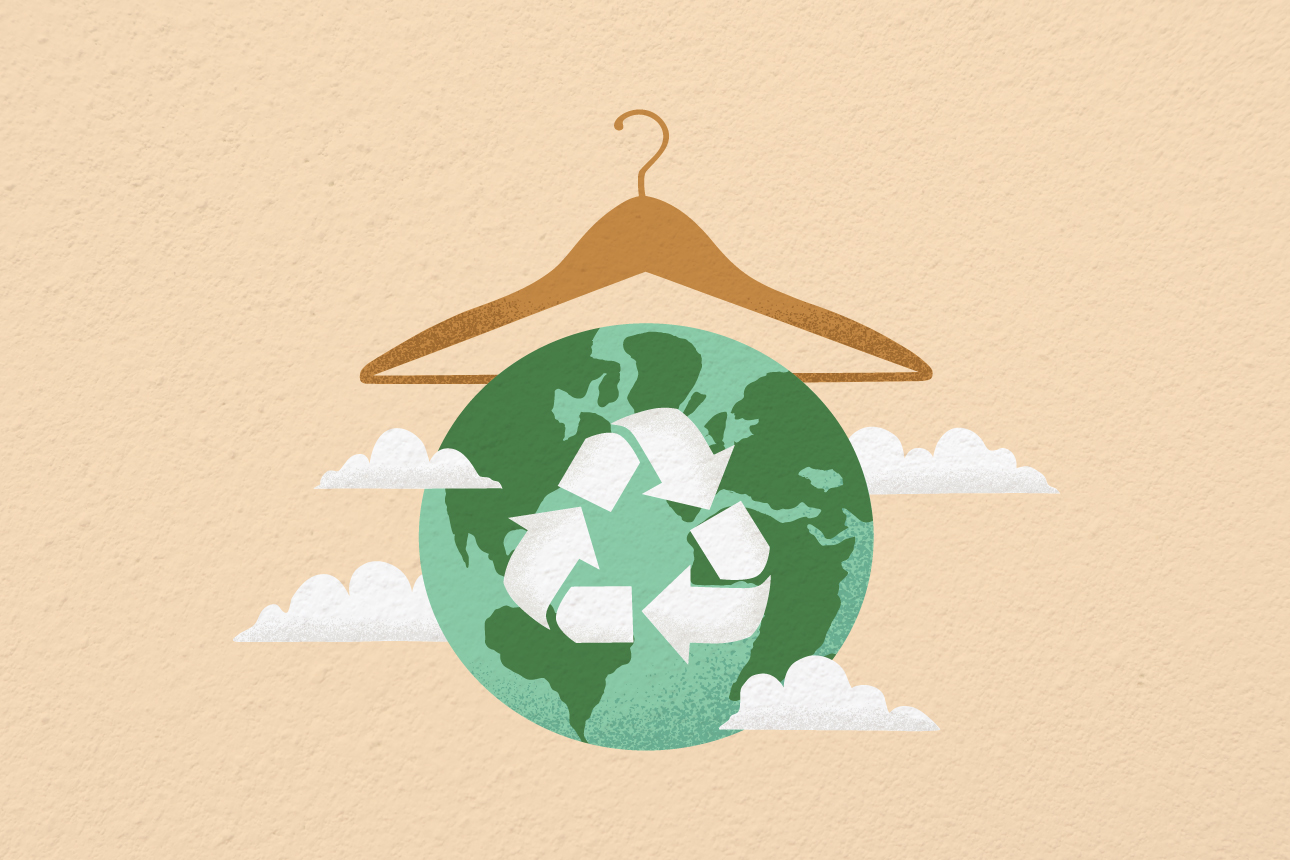Why Making Good on Green Promises Can Be a Win for Retailers
Retailers that take the lead on engaging employees on environmental sustainability can strengthen culture, talent retention, and employee satisfaction.

Evolving labor expectations have forced retailers to reassess long-held beliefs about employee values and contemplate their cultures.1 Along with a fair wage, employees seek employers whose values are consistent with their own. Providing a clear purpose, offering flexibility, and making authentic commitments to diversity and sustainability are important means of engaging a growing part of the workforce. For instance, 40% of employees across industry sectors said they would consider leaving their job if they couldn’t trust their employer to fulfill its diversity, equity, and inclusion commitments, and a quarter (26%) said they would consider switching jobs to work for a more sustainable company.2 This reflects employees’ growing demands of their employers, particularly around openness and authenticity.
Given that there were 1.1 million unfilled jobs in the U.S. retail market as of April 2022, cultivating an attractive work culture is no longer a “nice to have.”3 When it comes to sustainability, embedding it into the DNA of organizational culture is not just the right thing to do for the planet — it can also be a key component in employee attraction, retention, and satisfaction.
Get Updates on Transformative Leadership
Evidence-based resources that can help you lead your team more effectively, delivered to your inbox monthly.
Please enter a valid email address
Thank you for signing up
In a recent study of 750 U.S. retail employees, we explored the perceptions of senior managers (including the C-suite, directors, and vice presidents) of their companies’ sustainability initiatives and how front-line workers see these efforts playing out.4 (See “The Research.”) The data shows that retailers demonstrating authentic sustainability efforts might have better success attracting and retaining labor.
References
1. R.R. Sides and L. Skelly, “2022 Retail Industry Outlook: The Pandemic Creates Opportunities for the Great Retail Reset,” PDF file (New York: Deloitte, 2022), 7.
2. K. Prabhakar, C. Brodzik, D.M. Gest, et al., “Build Trust in Diversity, Equity, and Inclusion Commitments,” Deloitte Insights, Jan. 13, 2022, www2.deloitte.com; and “Global State of the Consumer Tracker,” Deloitte, accessed June 2, 2022, www2.deloitte.com.
3. “Job Openings: Retail Trade,” U.S. Department of Commerce, accessed June 17, 2022, https://fred.stlouisfed.org.
4. This survey was commissioned by Deloitte and conducted online by an independent research company from April 1-11, 2022. It polled a sample of 750 retail employees in the U.S. More than 60% of respondents were employed by retailers with 5,000 or more employees. The majority of respondents were full-time employees averaging 30 or more hours per week at the retail employer. Half of the respondents held a nonsupervisory role. Disclosing the name of the employer was optional, and 43% of the respondents did not reveal it. The remaining worked across more than 200 companies. The survey has a margin of error for the entire sample of ±4 percentage points.
5. “A New Measure of Trust,” Deloitte Digital, accessed June 2, 2022, www.deloittedigital.com.
6. “Data & Statistics,” Occupational Safety and Health Administration, accessed May 25, 2022, www.osha.gov.
7. S. McFeely and B. Wigert, “This Fixable Problem Costs U.S. Businesses $1 Trillion,” Gallup, March 13, 2019, www.gallup.com.
8. B. Conerly, “How to Get More Employee Referrals to Cope With the Labor Shortage,” Forbes, Oct. 12, 2021, www.forbes.com.
9. S. Kroll, B. Vega and J. Steinmann, "Deloitte 2022 CxO Sustainability Report: Consumer Sector," PDF file (Deloitte, 2022) 19.
10. The Science Based Targets initiative (SBTi) enables companies to set science-based emissions reduction targets. It is a partnership between CDP, the United Nations Global Compact, the World Resources Institute, and the World Wide Fund for Nature. This analysis is based on SBTi’s list of retail companies (accessed on April 22, 2022) that have set or committed to developing climate goals.
11. “Global Powers of Retailing 2022,” Deloitte, accessed April 24, 2022, www2.deloitte.com.
12. On an average, retail companies aim to achieve a 60% reduction in Scope 1 and Scope 2 greenhouse gas emissions in 12.1 years and a 37% reduction in Scope 3 greenhouse gas emissions in 11.8 years (based on Deloitte’s analysis of SBTi data, accessed April 22, 2022).
13. U. Elg and J. Hultman, “CSR: Retailer Activities vs. Consumer Buying Decisions,” International Journal of Retail & Distribution Management 44, no. 6 (June 2016): 640-657.
